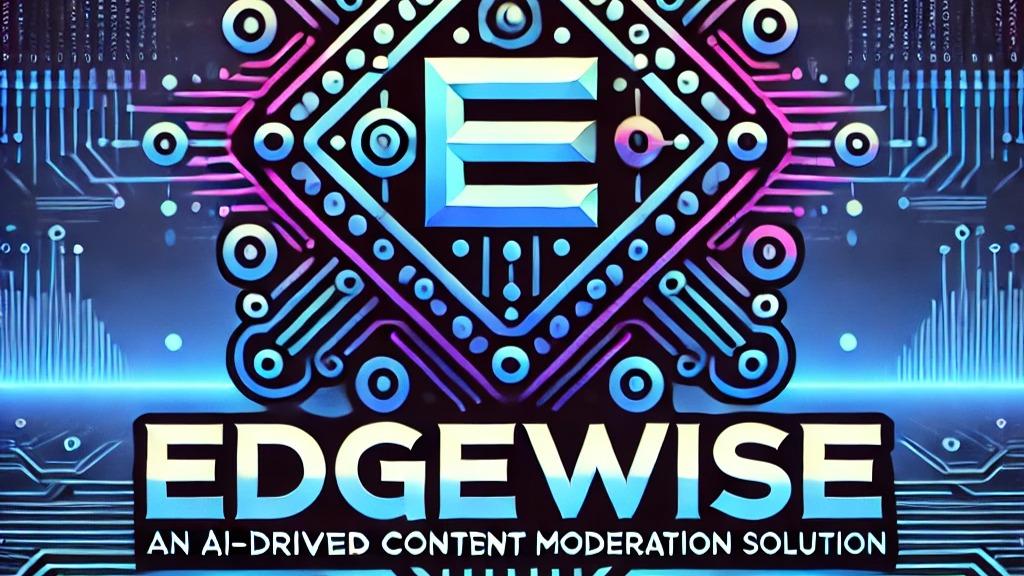Top Builders
Explore the top contributors showcasing the highest number of app submissions within our community.
Phi-3 Model Family
The Phi-3 model family, developed by Microsoft, encompasses a range of small language models (SLMs) designed to offer high-quality AI capabilities with a focus on efficiency and accessibility. These models are particularly suited for applications where computational resources are limited, such as mobile devices or edge deployments. The Phi models balance performance and size, making them ideal for a variety of use cases, from natural language understanding to coding tasks.
| General | |
|---|---|
| Relese date | June 2023 |
| Author | Microsoft |
| Website | Phi-3 open models |
| Type | Small Language Models |
Key Models and Features
-
Phi-3 Mini: A compact model with 3.8 billion parameters, trained on 3.3 trillion tokens. It provides strong performance across various benchmarks, including MMLU and GSM-8K, and is capable of running locally on smartphones and other edge devices.
-
Phi-3 Small: Featuring 7 billion parameters, this model includes additional capabilities for handling longer context lengths (up to 128K tokens). It offers enhanced performance in reasoning tasks and is fine-tuned with supervised and preference optimization techniques.
-
Phi-3 Medium: A larger variant with 14 billion parameters, designed for more complex applications that require robust reasoning and data analysis capabilities.
Training and Data
The training data for Phi models is meticulously curated, combining publicly available high-quality documents, synthetic “textbook-like” data, and chat-format supervised data. This approach ensures the models have a strong foundation in reasoning, coding, and general knowledge while maintaining efficiency in processing and storage requirements.
Applications and Use Cases
-
Edge and Mobile Deployment: The small size and efficient design of the Phi models make them suitable for deployment on devices with limited computational power, such as smartphones or IoT devices. They can operate offline, which is crucial for applications in remote or disconnected environments.
-
High-Risk Scenarios: While the models are designed to minimize biases and handle sensitive data responsibly, they are not recommended for high-stakes applications like legal advice or financial decision-making without additional safeguards.
Availability and Licensing
The Phi models are available on platforms like Hugging Face and Microsoft Azure AI Model Catalog. They are released under open licenses, allowing developers to integrate them into various applications while adhering to responsible AI practices.
👉 For more detailed information, you can refer to the technical report and resources available on Microsoft Research and Hugging Face.
Microsoft Phi-3 AI technology Hackathon projects
Discover innovative solutions crafted with Microsoft Phi-3 AI technology, developed by our community members during our engaging hackathons.

.png&w=3840&q=75)



